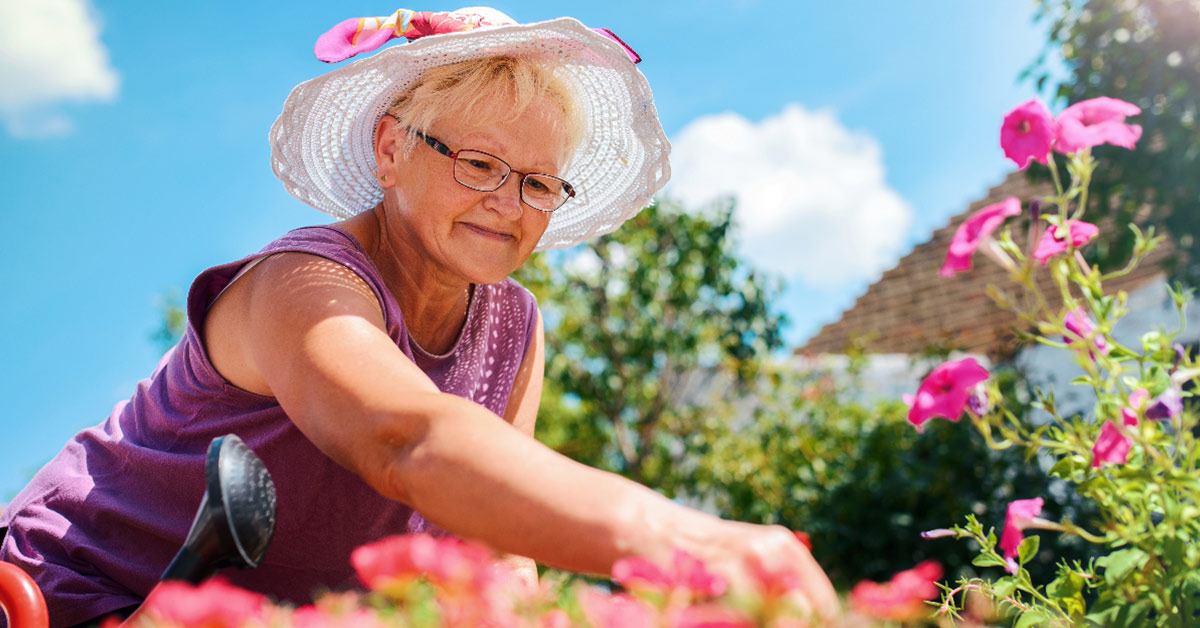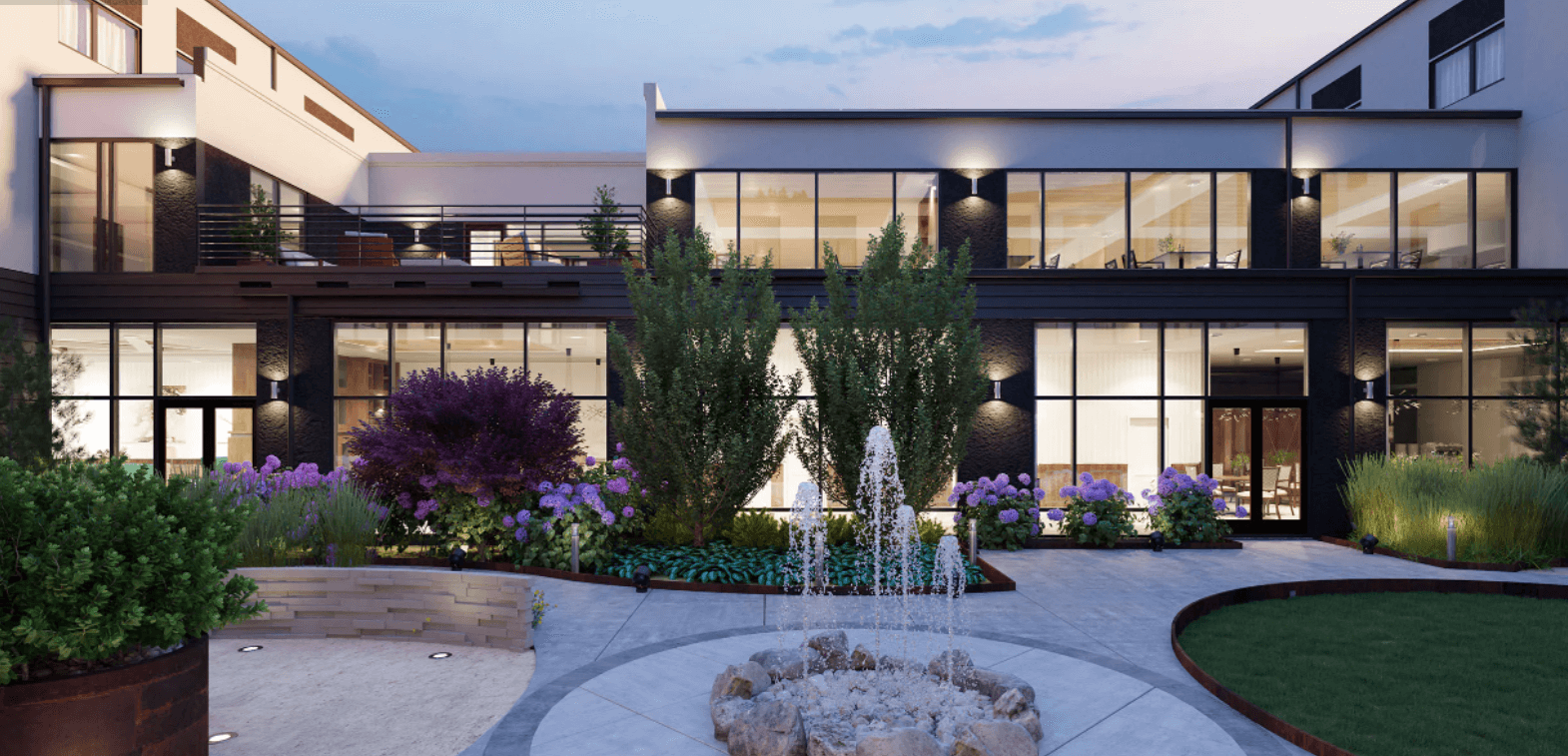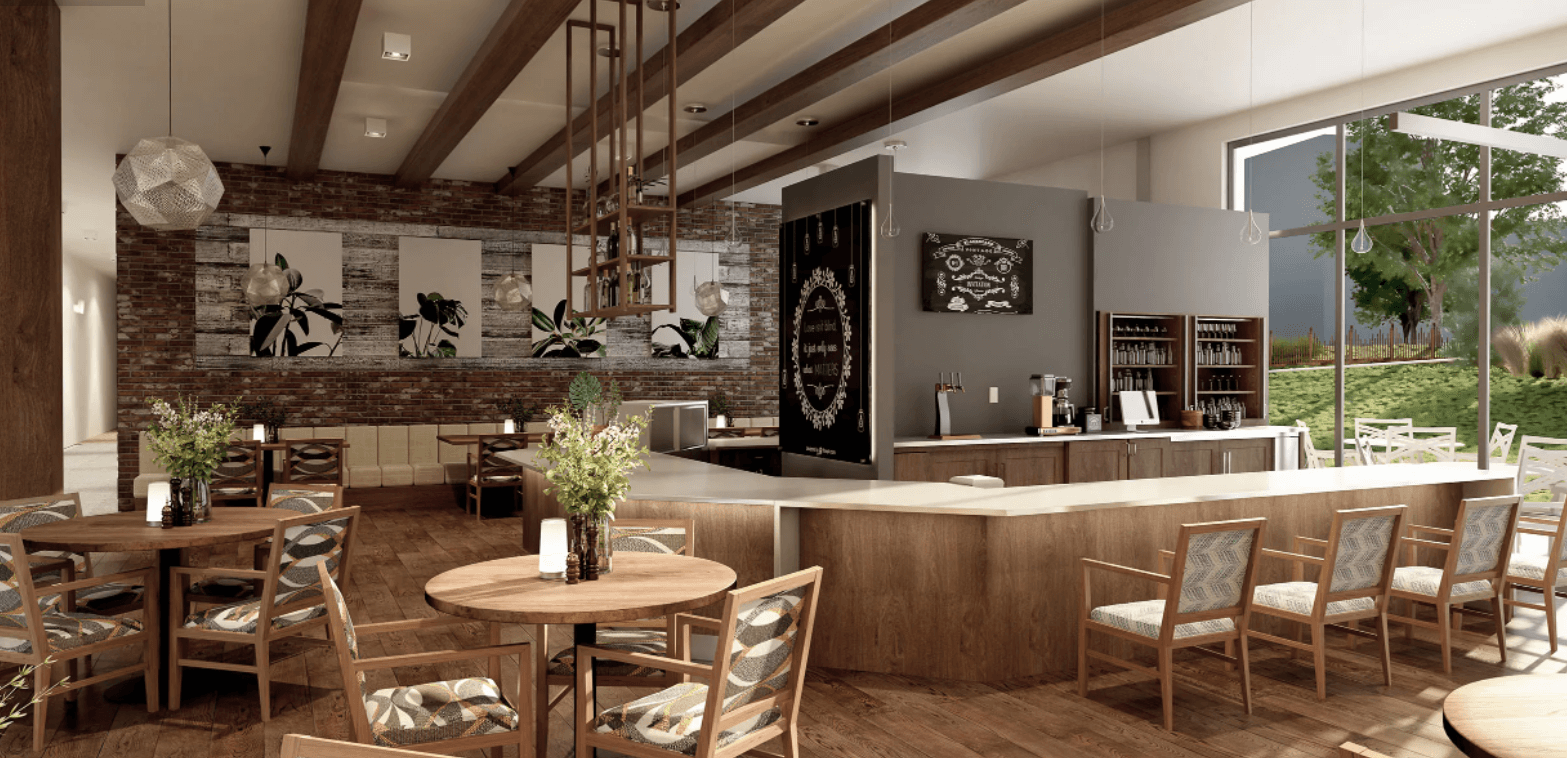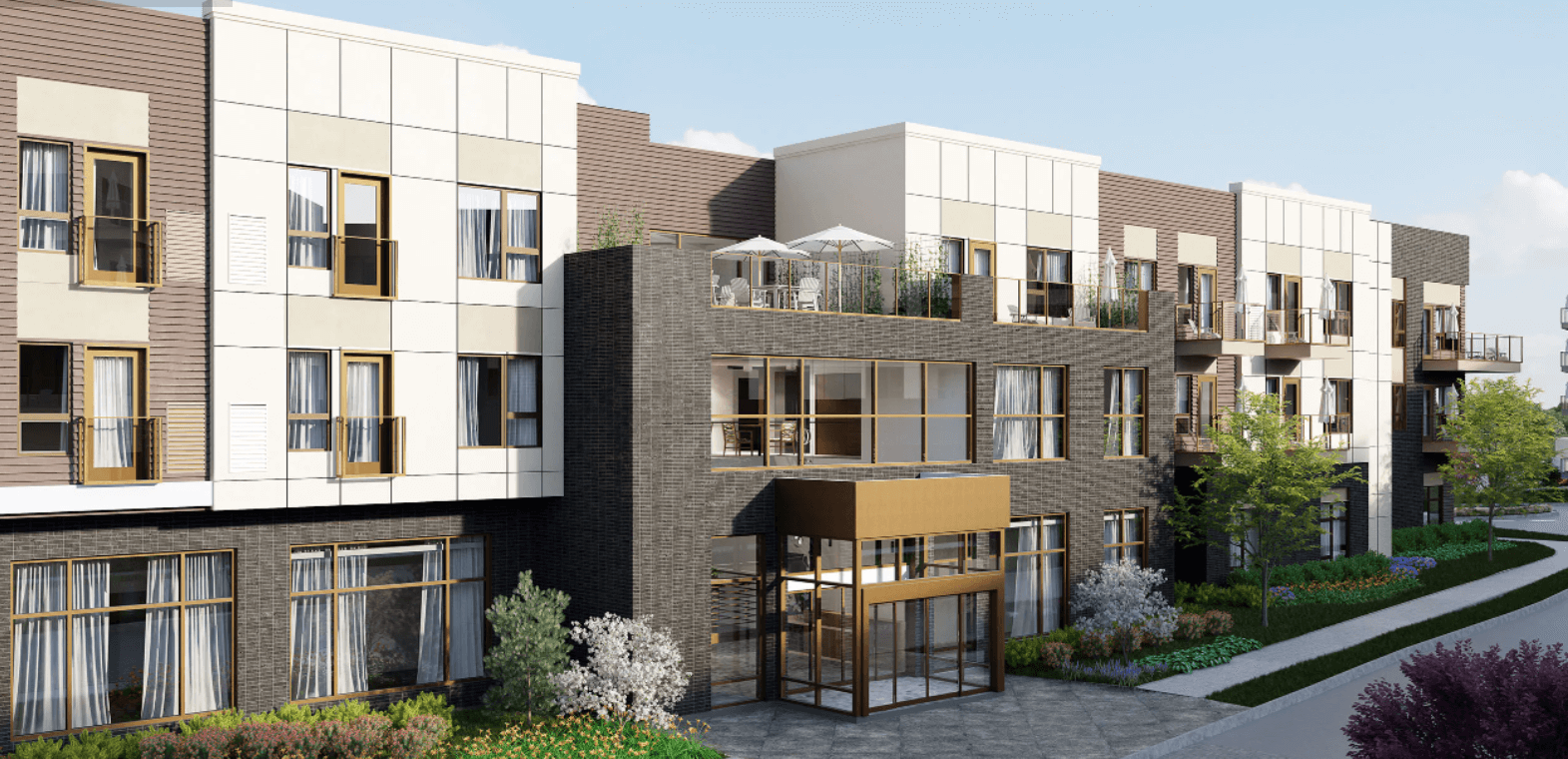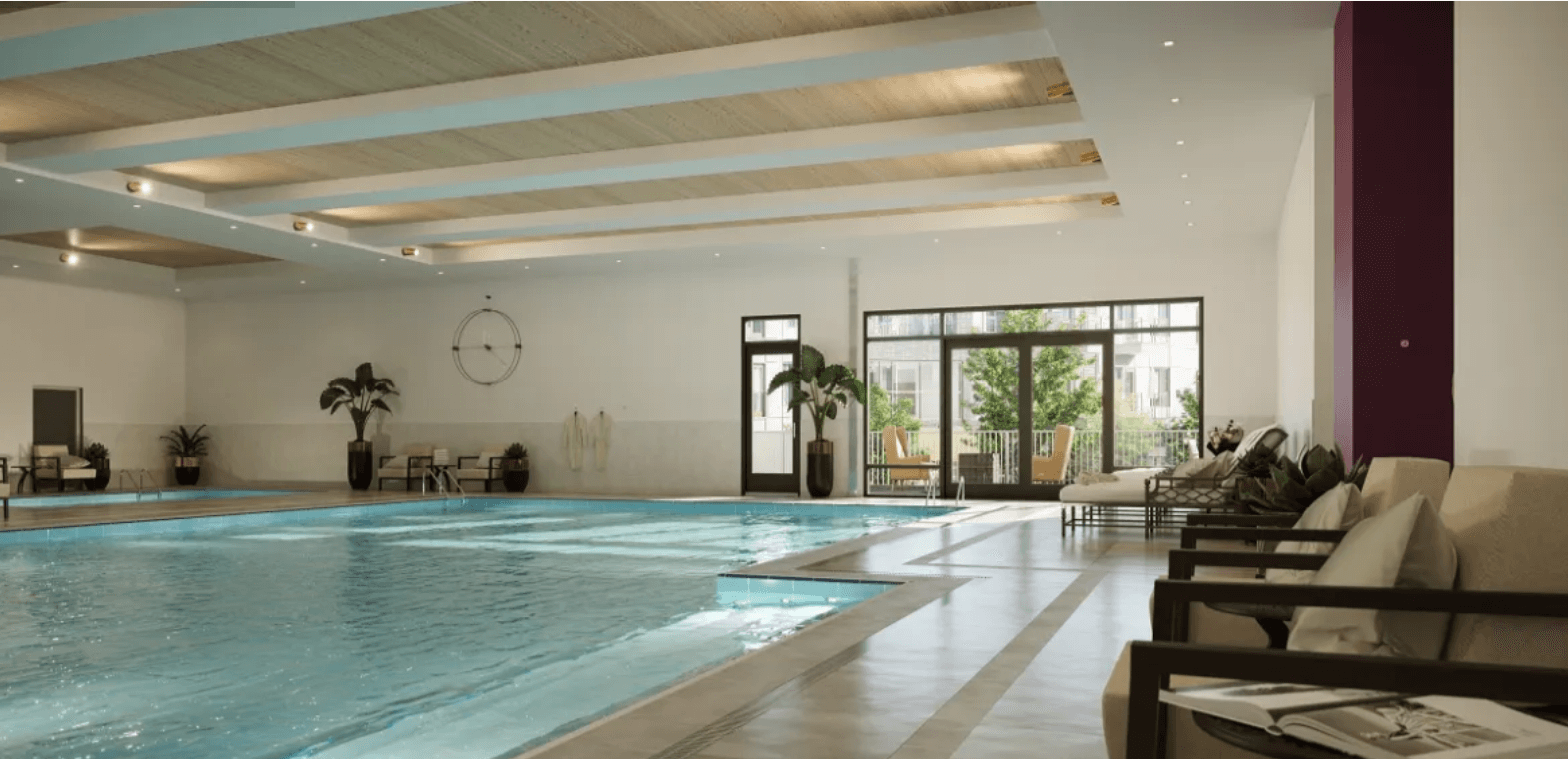Music therapy
Music, a language of joy and memory, offers therapeutic benefits to memory care residents. It stirs remembrances, reduces anxiety, and improves cognitive function. Activities like group singing or instrument-playing not only relish the past but also encourage stimulating social interactions.
Arts and crafts
Art therapy is an excellent way for people to engage in self-expression and creativity, which stimulates and excites the mind. Drawing, painting, and craft-making can encourage focus, alleviate stress, and boost mood. They can be as simple or complex as necessary, catering to each resident’s capabilities.
Gardening
Gardening is a wonderful way to connect with nature. Watching a garden bloom over time can give the gardener a sense of accomplishment and purpose. Spending time in nature at parks is another way to reap the benefits of breathing in fresh air and taking in the sights and sounds of nature.
Physical exercise
Physical exercise, even simple stretching or chair yoga, promotes physical health, uplifts mood, and encourages better sleep. Getting the blood circulating on a regular basis is known to help brain health. Pro tip: Join group exercise classes. You’ll get movement and socialization in at once. A win-win.
Reminiscence therapy
Reminiscence therapy is a technique that uses the senses to help people living with dementia recall memories. For example, a caregiver and patient browse a family photo album, talking about each photo, bringing memories to the forefront. This activity helps stimulate memories by discussing life events. Reminiscence therapy improves self-esteem, encourages communication, and reinforces personal identity, promoting a positive and interactive environment.
These activities offer more than cognitive stimulation. They cultivate joy, purpose, and community. In memory care at Ovation Heartwood Preserve in Omaha, Nebraska, the journey continues differently but meaningfully, with optimism and positivity at its core.

